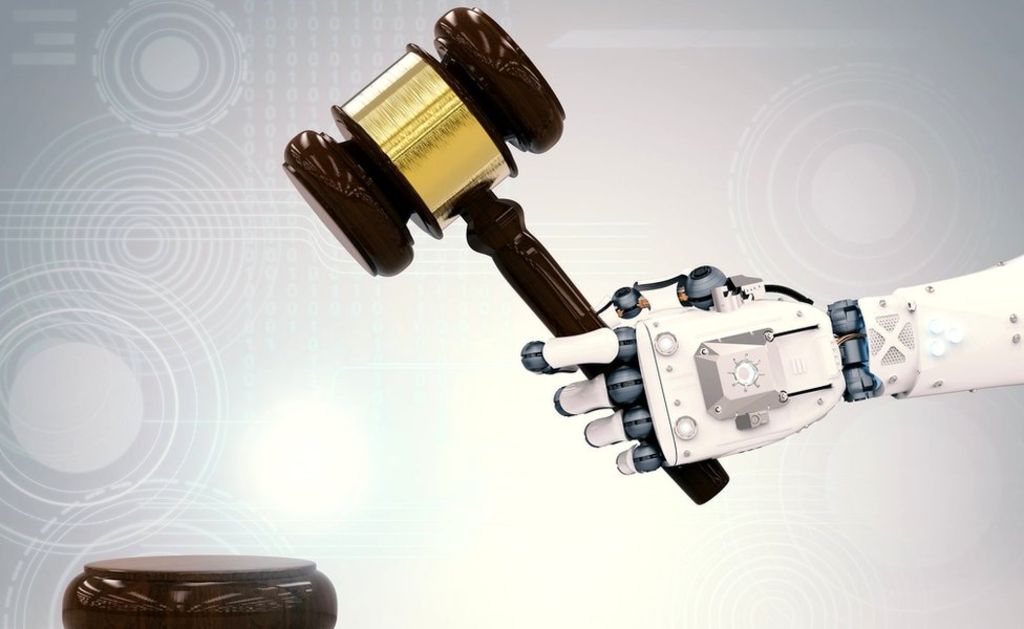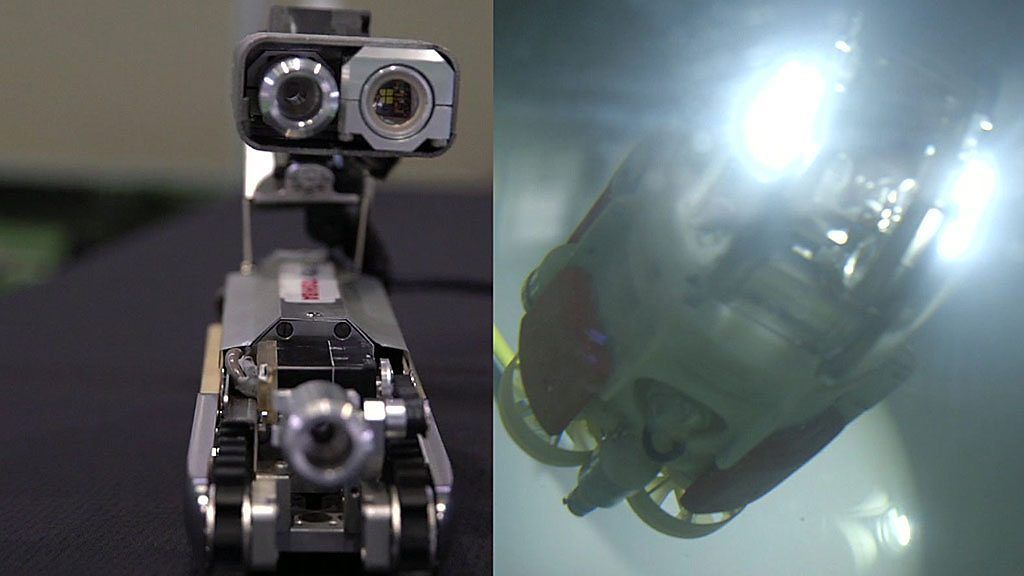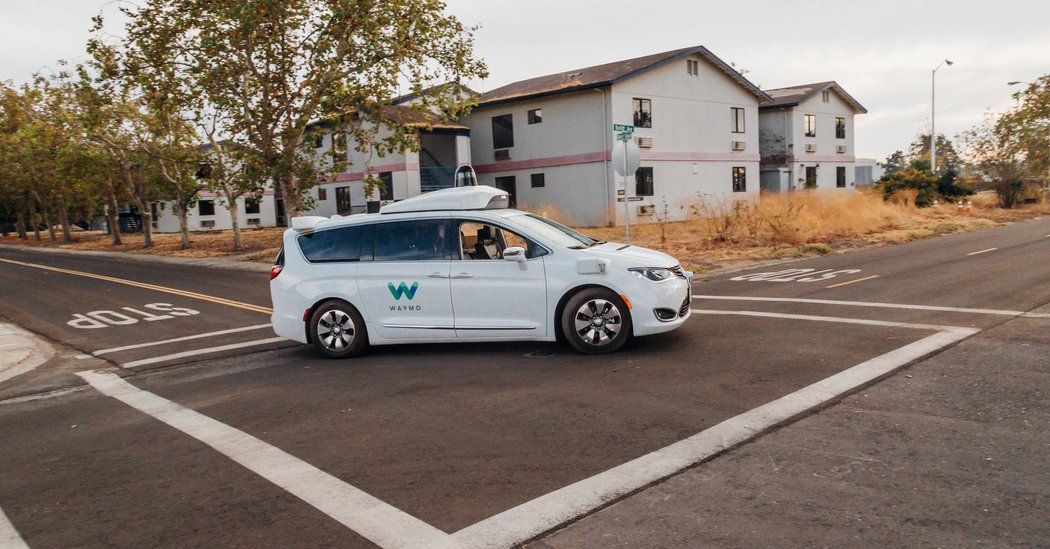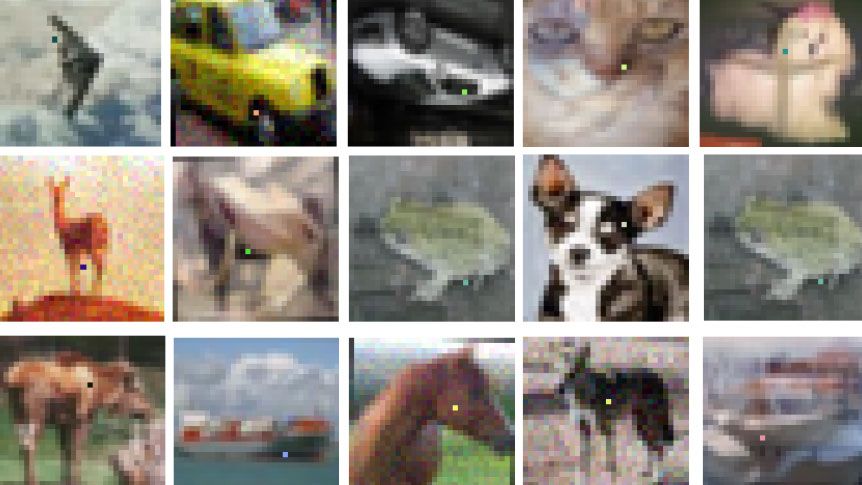Alphabet chairman Eric Schmidt says the US is at risk of falling behind in the race to develop cutting-edge artificial intelligence. Speaking at a tech summit organized by national security think tank CNAS, Schmidt predicted that America’s lead in the field would continue “over the next five years” before China catches up “extremely quickly.”
“They are going to use this technology for both commercial and military objectives, with all sorts of implications,” said Schmidt, referencing a Chinese policy document outlining the country’s ambition to become the global leader in AI by 2030. Schmidt reiterated several familiar talking points in this debate, primarily that the US is failing to invest in basic research, and that a restrictive immigration policy hobbles the country’s ability to attract AI talent from overseas.
“Some of the very best people are in countries that we won’t let into America. Would you rather have them building AI somewhere else, or rather have them here?” said Schmidt. “Iran produces some of the top computer scientists in the world, and I want them here. To be clear, I want them working for Alphabet and Google!”




